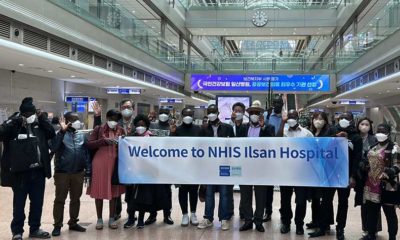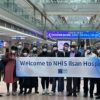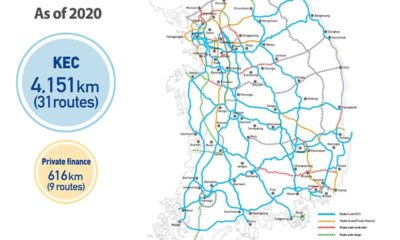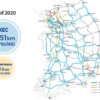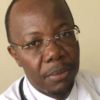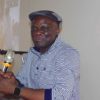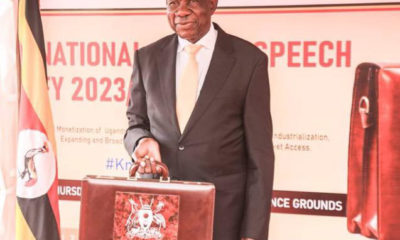Health
Korea’s mobile health promises to fill yawning health gap

One of the nine South Korean proffessional health experts that will travel to villages to treat Ugandans
The recent launch of Korea Aid, a development aid program geared towards providing mobile healthcare and nutritional support to rural dwellers holds great promise towards filling the yawning gap in health service provision in the country.
President Park Geun-Hye of the Republic of Korea and President Yoweri Museveni jointly launched the promising programme at the National Farmers Leadership Training Centre at Kampiringisa, Mpigi district, during President Park’s historic visit to Uganda.
The launch of Korea Aid was marked with a two-day health camp that was held at the NFLC at Kampiringisa.
During the event, over 400 people from the community received treatment for various health conditions including reproductive health, children-related health problems among others.
According to officials from the Embassy of Korea in Kampala, the Korea Aid programme will offer professional mobile health services to rural people free of charge.
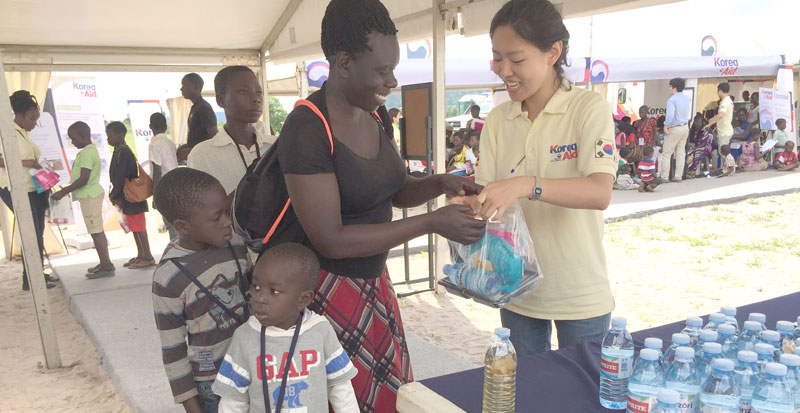 Following its launch, the programme will now be taken to other parts of the country twice to four times every month. South Korean officials have told The Sunrise that the visits are being coordinated by the Ministry of Health.
Following its launch, the programme will now be taken to other parts of the country twice to four times every month. South Korean officials have told The Sunrise that the visits are being coordinated by the Ministry of Health.
Going by the impressive team of experts as well as the specialised equipment that was used at Kampiringisa, Korea Aid programme holds great promise for improving health services of many rural dwellers in the country.
At Kampiringisa, nine Korean medical professionals, supported by ten Ugandan health experts, backed up by ten customized vehicles, one mobile diagnosis truck, two ambulances, four food trucks and one culture truck were used.
A number of services were offered during Korea Aid programs which included; provision of medical services including Obstetric Gynecology, pediatrics and internal medicine.
Phiona Nantume, a 27 year old resident of Mpigi who benefited from the camp described the program as helpful to her community since all her three of her sons managed to receive treatment.
According to Korean officials, the mobile health programme will be implemented in collaboration with Uganda’s Ministry of Health. Different studies on access to healthcare in Uganda show that majority of Ugandans consider inadequate access to health services as one of their greatest challenges.
Indeed whereas the government officially offers free primary healthcare to the masses, many people have been disappointed after failing to find drugs or healthcare workers at public health facilities.
Comments



